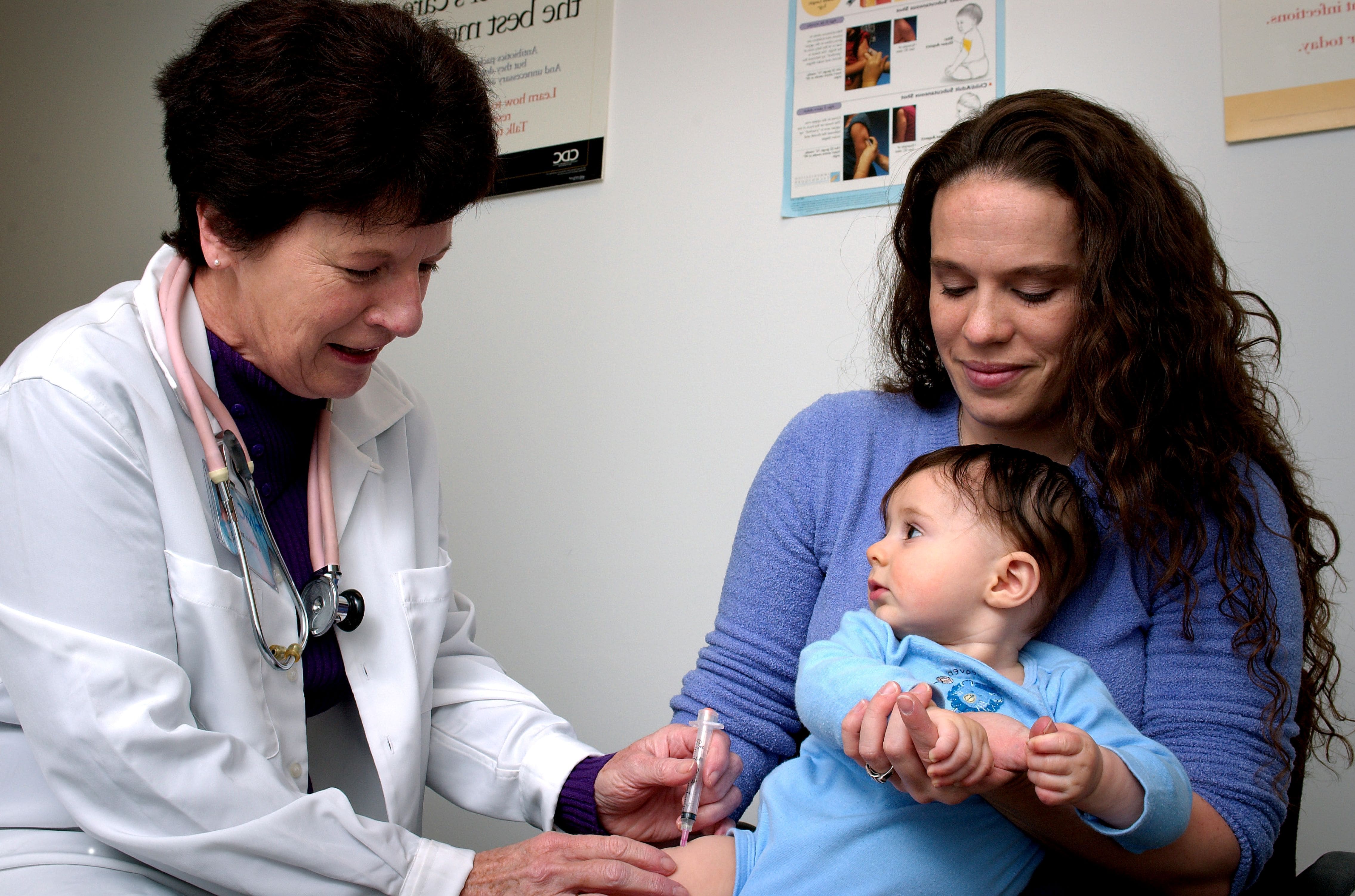Why it Matters
- 0ThousandThousand
additional deaths per year will be attributed to climate change between 2030 and 2050
- $0BillionBillion
in health damages in the U.S. due to climate change by 2030
- 0%%
of studied infectious diseases aggravated by climate change
Climate Change is Causing the Spread of Infectious Disease
Climate change is ramping up the risk of malaria, dengue, cholera, and other diseases around the world.
More incidents of severe weather along with warmer environments can effectively roll out a red carpet for disease-carrying vectors and pathogens.
It’s an evolving landscape. Data can help researchers understand the impact while supporting both early warning systems and disease monitoring. This gives public health officials a better chance of spotting outbreaks, and then containing them by rushing resources to protect people on the frontlines.
Our Strategy
- 1Community-driven Innovation: We’re enhancing health equity in our global climate and health solutions. This includes supporting country-led climate vulnerability assessments to guide how local health systems safeguard vulnerable communities in a warming world.
- 2Scalable Solutions: We collaborate with health researchers, data scientists, and cross-sector experts to scale solutions for community responses to infectious diseases.
- 3Sustainable Financing: We work with global donors, development banks, country leaders, and stakeholders to secure essential financing that advance the principles of country ownership, accessibility, and long-term impact.
- 4Policy and Partnerships: We align private sector, government, and nonprofit priorities to strengthen our collective response to climate change on a global, regional, and country level.
Impact Stories
Across the world, our partners and grantees work to ensure healthy futures for people and the planet.
Recent News
- Dec 04 2023Resilient Cities Network and Yale University Join Forces to Tackle the Impact of Climate Change on Public Health in Cities
- Dec 03 2023Accelerating Innovations Mitigating Climate Change Impact on Health, Agriculture, & Gender
- Dec 03 2023Reaching the Last Mile Welcomes Collective Commitment to Boost Support to Community Health Workers

